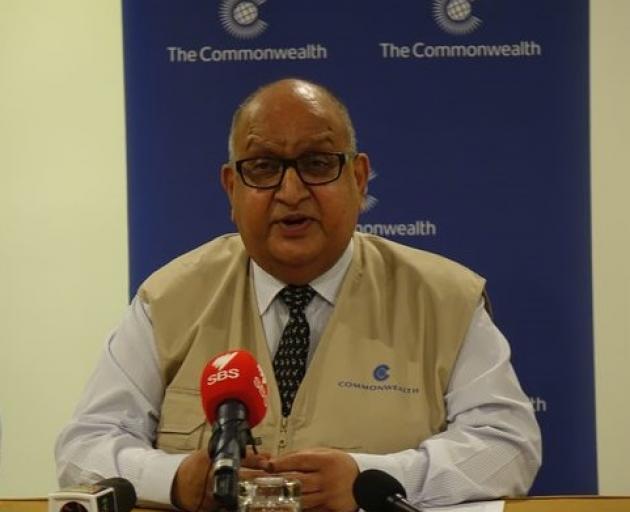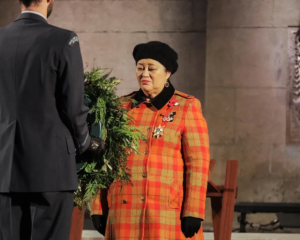
The Royal Commission into Historical Abuse in State Care will expose New Zealand's "dark and uncomfortable" history, its chair Sir Anand Satyanand says.
The Commission is investigating the abuse and neglect of children, young people and vulnerable adults in the care of state and faith-based institutions between 1950 and 1999.
- This story was first published by RNZ
Sir Anand introduced the Commissioners, set out the inquiry's progress and outlined how it would be run at the preliminary hearing today, beginning the royal commission's public hearings.
He said the issues being investigated by the inquiry were not only historical.
"The ongoing uplifts of children from their families, particularly Māori tamariki, is distressing and must be addressed. The current climate confirms the relevance and importance of this Inquiry."
The high-level inquiry began hearing evidence in January this year and will deliver an interim report before the end of 2020 that will outline its initial findings and the number of affected people.
The Commission may also make interim recommendations then.
A final report, with findings and recommendations, will be submitted to the Governor-General in January 2023.
Sir Anand told the hearing today the Commission would play an important role in determining why people were taken into care, what abuse occurred and why, and the effects on survivors and families.
"Fundamentally, we need to learn the lessons to apply now and in the future to ensure abuse does not occur again," Sir Anand said.
Commissioner Coral Shaw said they also had discretion to consider abuse and neglect that happened before 1950, or after 1999. People who are still in care now will also be considered to inform the Commission's recommendations for the future.
Ms Shaw clarified that the Royal Commission was unable to find anyone guilty of any crime.
"However, we can make referrals to the appropriate agencies and already have a special referral process established with the New Zealand Police for those who would like us to refer allegations that amount to criminal offences for investigation."
Seventy survivors have already been heard in private sessions so far. Close to 800 others have registered to be heard privately.
Commissioner Sandra Alofivae recognised survivors required a "great deal" of strength and courage to share their stories.
"Our priority with these sessions is the safety of survivors. We are using a trauma-informed process to ensure that those who share their experience do so in a safe environment."
Thousands of people are expected to heard through private sessions during the inquiry process.
Public hearings will be held after a specific investigation into a particular area covered by the inquiry.
At a hearing, witnesses will give evidence and may be asked questions by the Commission's lawyers and Commissions. Witnesses may include survivors, alleged perpetrators, and institutional representatives.
Commissioner Andrew Erueti said public hearings were an important way to hold institutions to account.
"They provide an opportunity to publicly examine law, policy, practices and standards. Whether they have done their job of keeping those in care safe."
Mr Erueti said the Commission following the hearings may make findings about systemic issues and failures.
Simon Mount QC, the lawyer acting for the Commission, said public hearings would not run like a regular court case.
Public hearings will run for up to three weeks. Venues for those hearings are still being finalised, but it is likely they will be held in Auckland and Wellington.
Legal assistance would be provided for those taking part, if appropriate. More information about possible funding would be released soon, Mr Mount said.
The first substantive public hearing, which will be contextual, will be held in October or November this year.
Mr Mount said a disposable moratorium, to ensure government agencies and faith-based institutions could not destroy any documents that may assist the inquiry, had also been implemented.
The inquiry has strong legal powers to ensure those documents are provided if necessary, Mr Mount said.
Commissioner Paul Gibsen said the Inquiry was working to connect with "gangs, homeless people, people in prisons, disabled people and in particular people with learning disabilities, people who have experienced mental distress, and people from harder to reach faith-based communities."
The inquiry was creating innovative ways to connect with those groups, Mr Gibsen said.












